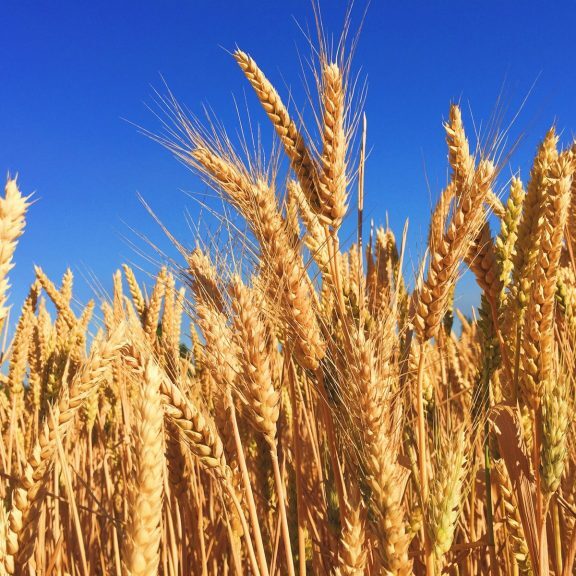Despite its defeat, I-522 continues to raise awareness

By guest blogger Katherine Kopfler, MS, Bastyr dietetic intern
Amidst the narrow loss of I-522, many Washington State voters are left feeling sullen and baffled as to how the initiative to label genetically modified organisms (GMOs) was voted down. Regardless of the outcome, however, I-522 carried the forward momentum of California’s Prop 37, including 25 other state-led intiatives to label GMOs, and raised incredible awareness around the country about the right to know what is in our food.
This initiative reminds us that there is still a way to protect and contribute to the integrity of our food system on a daily basis. Even though I-522 did not pass, we still have one of the safest food supplies in the world. Remember, when we make purchases, we vote with our dollars, and have an opportunity to vote for something we believe in. And luckily, we have the choice to avoid GMOs in our food due to the following organizations already in place:
- The USDA’s National Organic Program (NOP) – Any food labeled with the USDA Organic Seal signifies that it was grown or produced without the use of GMOs throughout the entire process. This standard includes animals raised for consumption, which cannot be fed GMOs such as genetically engineered (GE) soy, corn or alfalfa. Processed foods are not allowed to use any GMOs no matter how small the quantity. Overall, these organic products have met rigorous production and labeling requirements.
- The Non-GMO Project – This is the only independent verification program in the U.S. that confirms the absence of GMOs through traceability, segregation, stringent testing and quality control management. The Non-GMO Project has verified over 10,000 products and recently had their non-GMO label claim for meat and liquid egg products approved to appear on packages by the USDA’s Food Safety Inspecion Service (FSIS). The fact that a government agency has approved a non-GMO label is a definite victory!
Or, if you prefer assurance that is closer to home:
- Grow your own food (from non-GE seeds, of course!) – Even if you don’t have a yard, join a community garden or grow a bounty of food in pots such as tomatoes, lettuce, carrots, beans, potatoes, and many more.
- Meet your local farmers – Go to farmers’ markets where you can have conversations with the farmers about the type of seeds planted and/or what type of feed is used for the animals. Support these farmers by making purchases directly from the farm, at the farmers’ markets, or by joining a CSA.
- Avoid processed foods by making your own at home – Nearly 70 percent of the processed foods in grocery stores are made with GMOs. Learning to create some of these foods at home can be fun and empowering. For example, make your own almond milk by blending 2-3 cups of water with one cup of raw almonds, which have soaked overnight. Strain the almond meal and behold, easy almond milk! Use the leftover almond meal in oatmeal, smoothies, or baked goods for added protein, texture, or flavor.
